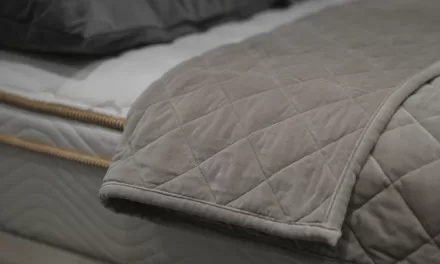Adolescents who perceive their homes as disorganized or hectic compared to their siblings are more prone to mental health and behavioral problems, suggests research from the University of York.
In a recent study published in Psychological Science, a journal of the Association for Psychological Science, a team led by Sophie von Stumm, a psychology professor at the University of York, delved into the impact of household dynamics on adolescent mental health. The study, which tracked thousands of twins born in the mid-1990s in the United Kingdom, sheds light on why some adolescents may struggle emotionally more than their siblings.
Throughout the research, von Stumm and her team found a compelling correlation between adolescents’ perceptions of household chaos and their mental well-being in early adulthood. Over the years, as part of the Twins Early Development Study (TEDS), twins and their parents rated the level of routine, noise, and general confusion in their homes at ages 9, 12, 14, and 16.
The study revealed that teenagers who viewed their households as more unstructured, disorganized, or fast-paced than their siblings were more likely to experience anxiety, depression, substance use, and engage in problem behavior as young adults.
Sophie von Stumm noted the intriguing aspect of varying perceptions within the same household. Even siblings growing up together could have vastly different interpretations of the atmosphere at home. This subjectivity highlights the complexity of familial dynamics and its potential impact on individual development.
The research, spanning over years and involving thousands of participants, underscores the importance of understanding the nuances of family environments in shaping adolescents’ mental health trajectories. von Stumm emphasized the need for further investigation to pinpoint the specific triggers and ages at which siblings begin to differ in their perceptions of household chaos.
“It is possible that children who experience more adverse events in early life than their siblings, like suffering an injury or being excluded from school, develop a heightened sensitivity to household chaos that then has long-term effects on their mental health,” von Stumm commented.
The implications of this research extend beyond academia, suggesting potential avenues for interventions aimed at modifying adolescents’ perceptions of their home environments. By addressing the underlying factors contributing to household chaos, psychologists may offer support and guidance to mitigate the risk of mental health challenges among vulnerable adolescents.
As the study delves deeper into understanding the intricacies of familial dynamics and their impact on mental health outcomes, it paves the way for more targeted interventions and support systems for adolescents navigating the complexities of growing up in diverse family environments.











